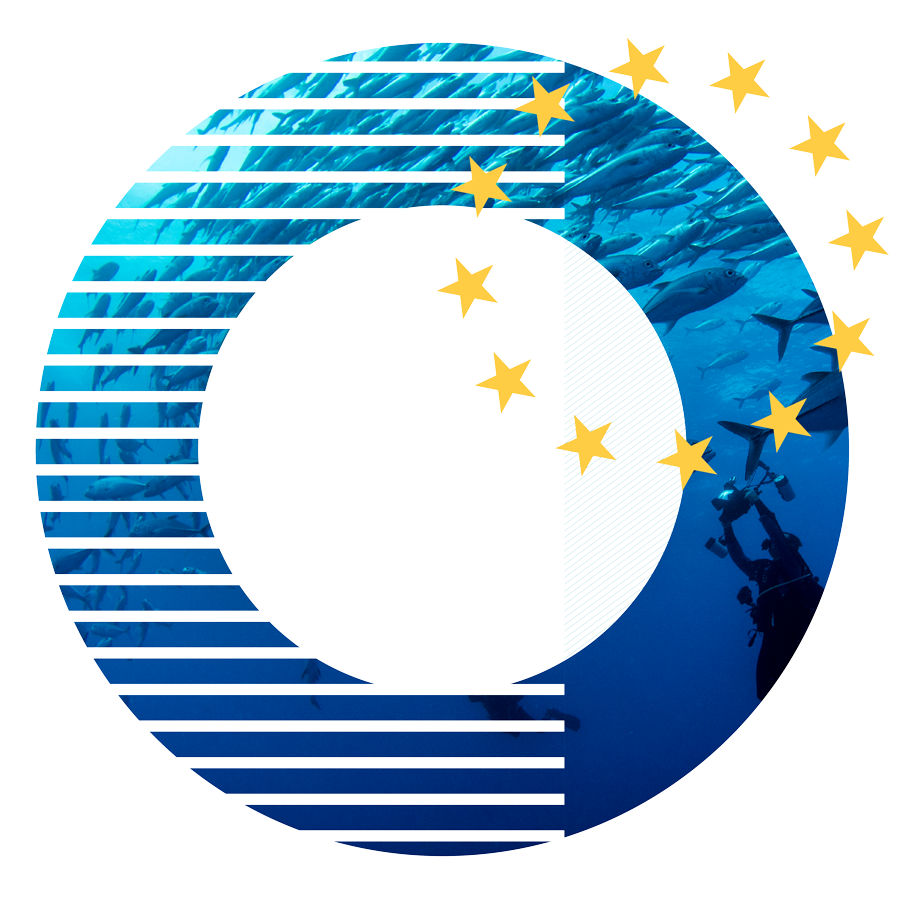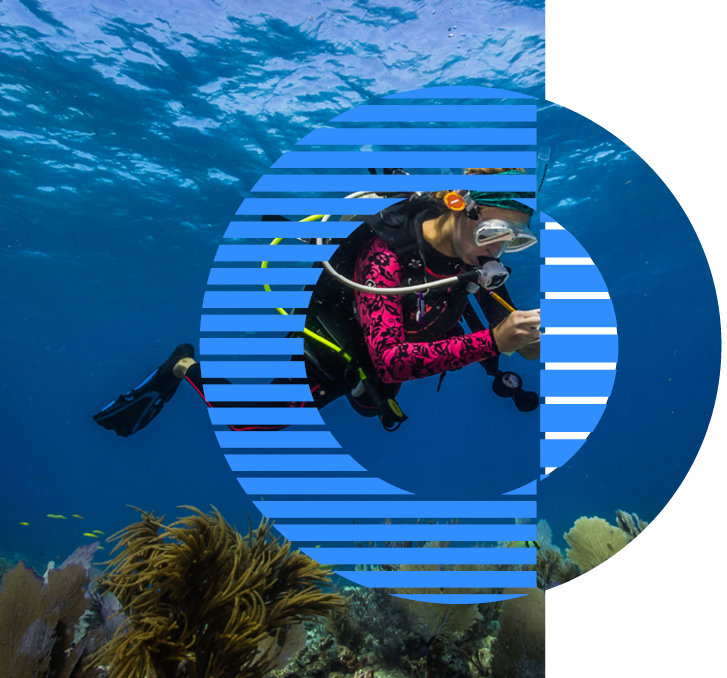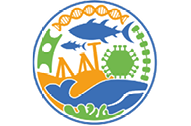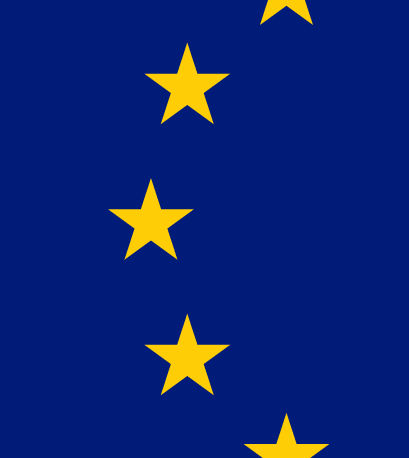
BIOcean5D
BIOcean5D
A Horizon Europe project
TA-funded services
Not Available
BIOcean5D
Biodiversity and ocean observation

BIOcean5D’s mission
BIOcean5D unites major stakeholders on molecular and cell biology, marine biology, and data sequencing to build a unique suite of technologies, protocols, and models that enable a holistic re-exploration of marine biodiversity, focusing on biodiversity land-to-sea gradients and ecosystem services in Europe.
EMBRC’s role in BIOcean5D
EMBRC provides cutting-edge, interdisciplinary, and customised services to study Europe’s seas and coastlines.

This project was co – funded by the European Union (GA# 101059915 – BIOcean5D)
Views and opinions expressed are however those of the author(s) only and do not necessarily reflect those of the European Union. Neither the European Union nor the granting authority can be held responsible for them.


